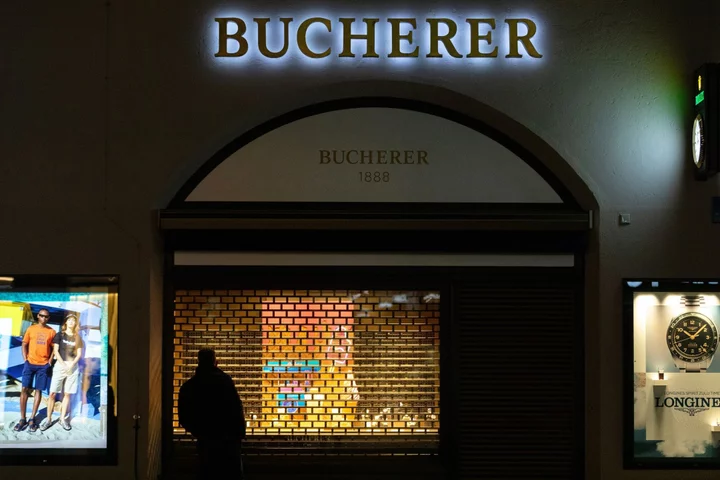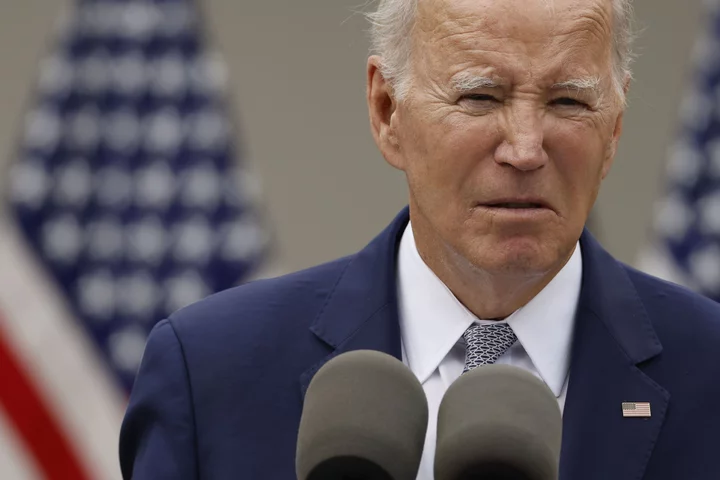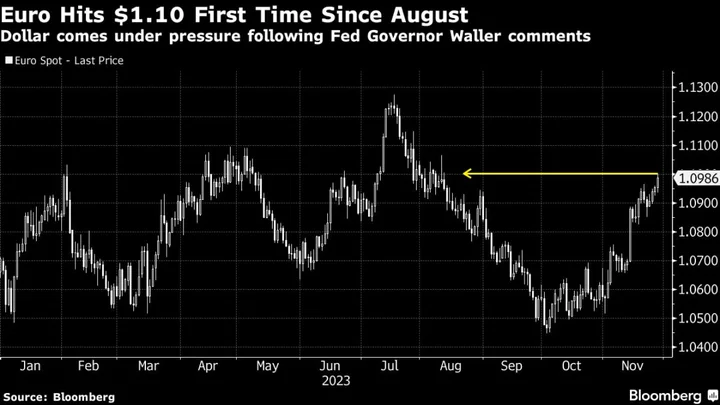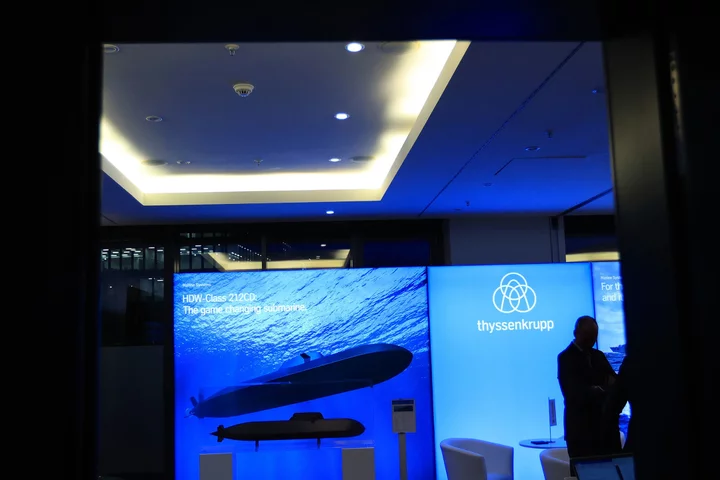Rolex SA is upending the world of luxury watch retailing by buying Bucherer AG in a deal that gives the Swiss brand a major presence in consumer sales for the first time.
In a move that could have long-term consequences for rival retailers, the world’s largest luxury watchmaker will now control Bucherer’s more than 100 stores globally.
Although the boutiques will continue to operate independently, keep the Bucherer name and sell other watch brands, the move raised investors’ concerns about a possible squeeze on supply to other stores. Shares of Watches of Switzerland Group, the biggest Rolex dealer in the UK, lost more than a quarter of their value on the news.
The purchase is a logical step for two businesses that have had a very close relationship since 1924, according to Jean-Philippe Bertschy, an analyst at Vontobel who estimated Bucherer has an enterprise value of about 4 billion Swiss francs ($4.5 billion). The companies didn’t disclose financial terms.
- Sign up here to join the Bloomberg Pursuits Watch Club and receive our newsletter with exclusive news, plus invites to events and collector gatherings.
Rolex said the decision to buy Bucherer was made after the family controlling the retailer decided to sell, and it said relationships with existing retail partners won’t change. Still, it marks a strategic shift for the biggest Swiss watch brand, which has long said it wouldn’t sell its watches directly to consumers.
There’s currently only one store in the world owned and operated by Rolex, in its home city of Geneva. The Bucherer deal will give the brand a direct line to its customers and more control and oversight for distribution, allocations as well as pricing for pre-owned timepieces.
Rolex entered the used market last year with a surprise move to certify its pre-owned timepieces through retailers like Bucherer.
Jon Cox, head of Swiss equities at Kepler Cheuvreux, said Rolex making a move into retail could have implications beyond listed sellers such as Watches of Switzerland and The Hour Glass in Singapore.
“At first glance, this is shocking for all of the other Rolex official dealers because Rolex has always said it is committed to independent retail distribution and has no desire to do own retail,” Cox said.
Watches of Switzerland was given a heads up by Rolex on the announcement beforehand as well as assurances that the system that Rolex uses for allocations of product wouldn’t be altered, Chief Executive Officer Brian Duffy said.
“Nothing has changed as far as we are concerned,” Duffy said in an interview. The Watches of Switzerland CEO said he spoke with his counterpart, Jean-Frédéric Dufour at Rolex, about the relationship.
Watches of Switzerland couldn’t consider buying Bucherer as the family wanted Switzerland’s biggest watch retailer to remain in Swiss hands, he added.
Demand for Rolex’s most popular models, such as the Daytona, GMT and Submariner dive watch, far outstrips supply even though the company makes more than 1 million timepieces per year and generates more than 9 billion francs in sales.
Customers at authorized dealers are put on waiting lists that can last months and even years for the most in-demand models.
The Bucherer acquisition marks the second significant shift in retail strategy for Rolex in less than a year. The company unveiled a program in December to issue certificates of authenticity for its used watches that are sold at authorized dealers, including Bucherer.
Rolex timepieces dominate the second-hand market, accounting for more watches bought and sold by value than any other brand.
Capturing the retail market and giving Rolex and its lower-priced sister brand Tudor a larger presence in stores is a “game changer,” said Oliver Mueller, head of Switzerland’s LuxeConsult, an industry consultant.
(Updates with comments from Watches of Switzerland CEO in paragraph 10)









